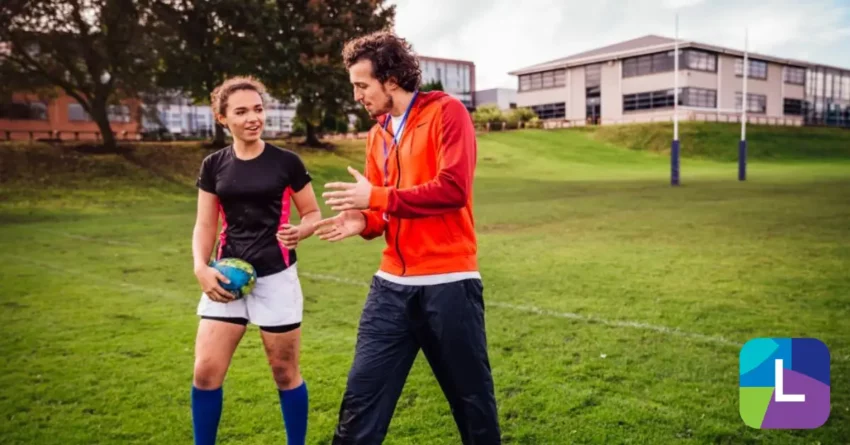Professional Qualifications For The Sports Industry
Major sporting events such as Euro 2020 can lead people to dream of what it might be like to be a professional athlete.
The lucky few who do succeed must glean huge satisfaction from representing their country. This might be considered the pinnacle of a career in sports, but there are also many other avenues to working in the industry.
To give you a flavour of how you could pursue a professional career in sports, we’ve mapped out some of the qualifications that would set you on your way.
Sports and exercise science
An undergraduate degree in sports and exercise science can act as a pathway to a variety of careers, not all within the sports industry.
However, to work as a sport scientist it’s a good idea to get as much work experience as you can but also to consider postgraduate study. Several universities run an MSci degree in sports science which includes an extra year of study compared to a bachelor’s degree. There are also some postgraduate research degrees to choose from so think about what would suit you best.
Sports psychology
To become a sports psychologist, you’ll need relevant accredited psychology qualifications. Firstly, you’ll need to complete a degree accredited by The British Psychology Society (BPS), which leads to graduate membership of the BPS.
Alternatively, if you have a degree in a different subject, you may be able to do a psychology conversion course. From there you are required to obtain an accredited postgraduate qualification in your chosen specialism, such as sport. There are several MSc and MRes sport psychology courses to choose from in the UK.
Sports business and management
If you’re wishing to pursue a career in sports business or management then a relevant undergraduate degree may be the best place to start. While professional qualifications are not mandatory for entering this field, several bodies, including the Chartered Institute for the Management of Sport and Physical Activity (CIMSPA) and the Chartered Management Institute (CMI), provide them. Further study at the postgraduate level is also an option if you want to specialise in a certain area or wish to improve your employment prospects.
Sports physiotherapy
To qualify as a sports therapist, you typically need an undergraduate or postgraduate degree accredited by The Society of Sports Therapists. Although membership in The Society of Sports Therapists is not essential, it shows employers that you are of a certain calibre.
There are plenty of BSc courses to choose from in the UK and if you have studied a related subject at an undergraduate level, such as sport and exercise science, you could consider taking one of several Master’s courses (MSc and MSci) that will also provide you with the necessary membership on completion.
